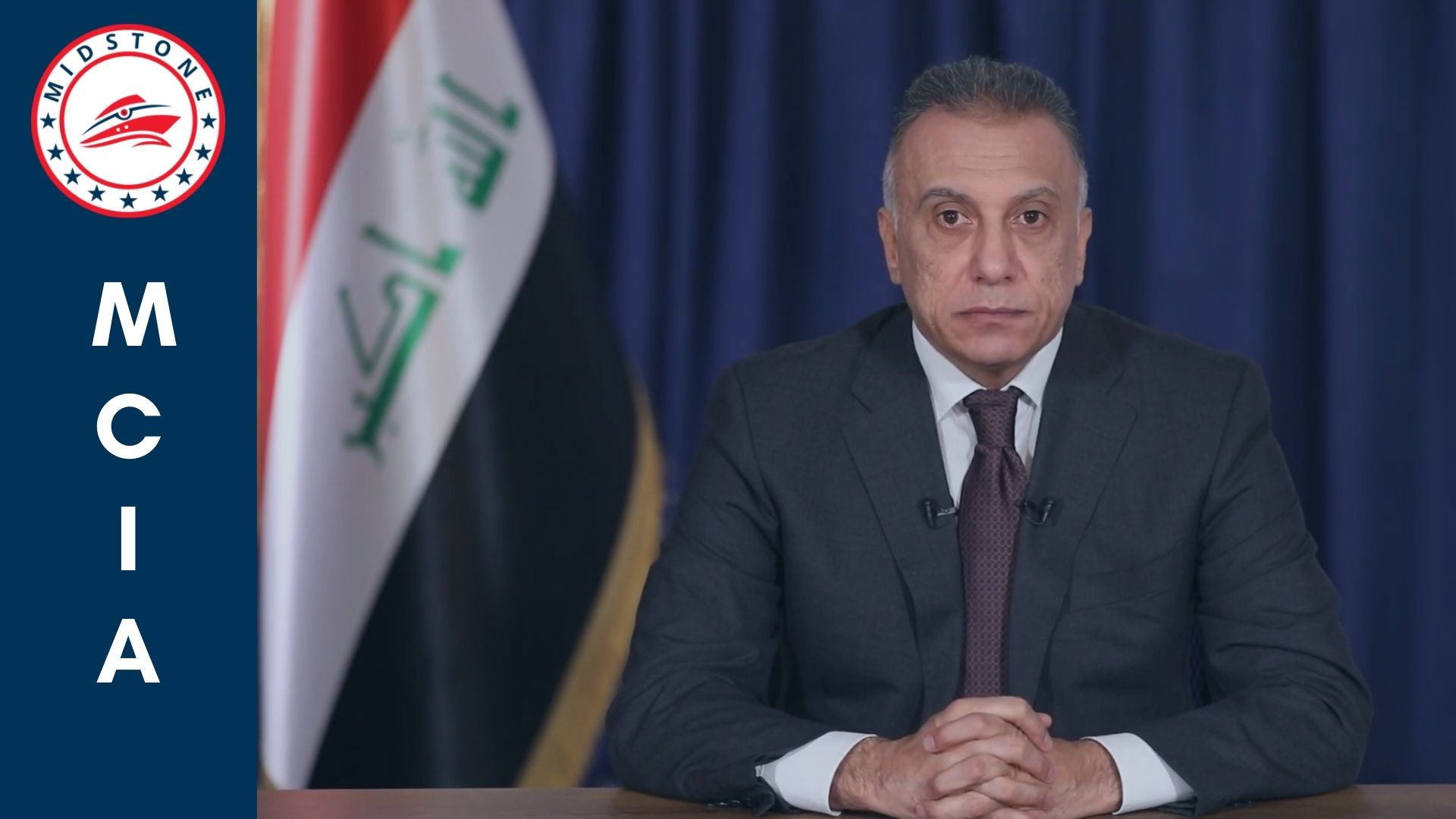
The precarious security situation within Iraq continues to garner interest without a major crisis yet, but still manages to provide ample commentary while maintaining the same cast of characters: Shia militias that act as proxies for Iran, Mustafa al-Kadhimi the former head of the National Intelligence Service and current Prime Minister and the National Intelligence Service itself. The moves that the Shia groups are making can be interpreted as part of a power play.
On June 23rd the Iraqi Parliament swore in 73 new members to replace Shia members who were loyal to Muqtada al-Sadr, a prominent Shia Cleric who walked out of the legislative body. This move caught many by surprise, as the group had won control of parliament by having the largest number of votes after the October 2021 Elections. These elections were held earlier than planned as a result of violent protests that started in 2019.
However, there is one event that haunts the Shia groups – the January 3rd, 2020 assassination of the former IRGC (Iranian Revolutionary Guard Corps) commander Major General Qasem Soleimani and the deputy head of the PMUs (Popular Mobilization Units) at the Baghdad International Airport. Recent reporting suggests there is an effort to link Iraqi Intelligence in the planning and participation of these killings.
The Shia groups have gone to great lengths to prove their claims. Pro-Iranian media outlets in Iraq have doctored a recent interview given by former U.S. Secretary of State Mike Pompeo to Al-Arabiya News that was highly critical of Iranian policy in the region. Another effort has taken personal shots at Prime Minister al-Kadhimi by using the interview as evidence that the Iraqi National Intelligence Service participated in the assassination of Soleimani.
Other efforts were launched to intimidate members of the Iraqi security forces as well. Several senior leaders were targeted by elements supporting Tehran by threatening to have their names and personal information shared on social media platforms and even having their photos released online. This effort created political and public backlash nationwide.
The media campaign has not been the only effort that has been undertaken by Shia militants. On June 16th two IEDs went off near the new headquarters of the National Intelligence Service. The explosion only caused marginal damage to a fence outside the building and no casualties were reported during this incident.
To the credit of Prime Minister Al-Kadhimi, these events have not been ignored by his government. During a recent cabinet meeting, the Prime Minister commended Iraqi security forces for their role in dealing with the recent bombings in Iraq. He also refused to offend the security services by targeting them with accusations. This statement indicates that the Prime Minister is aware of the Iranian-backed campaign against the security services and hasn’t decided to reveal to the public the countermeasures that he will deploy to halt this effort.
From a casual perspective, Iraq seems to have been lurching from crisis to crisis since the withdrawal of major U.S. combat forces in 2011. It has been suggested that the withdrawal was a key component in the rise of ISIS. So one can assume that the Americans left Iraq before the country was ready to move forward. Proxies of Tehran saw a void to be filled and to some extent have accomplished that goal. The moves against the Iraqi security forces appear to have been carried out in such a way to say that they helped the Americans.
Sniping on this level generally does not end well for either party. It appears that Iraq may learn that lesson the hard way.
